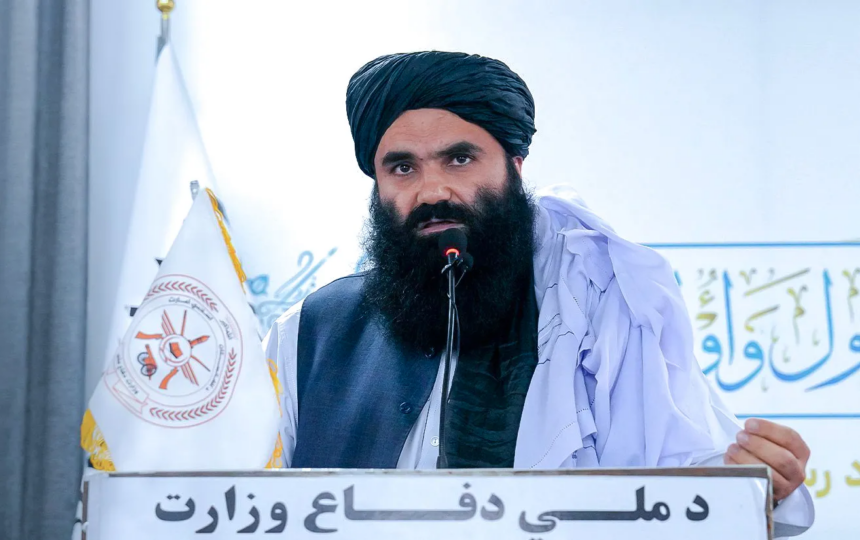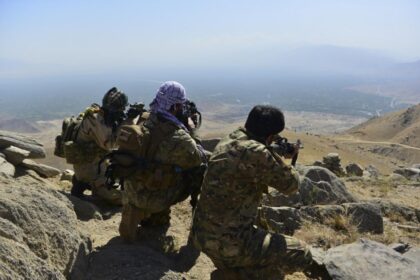RASC News Agency: A retired Pakistani army general has disclosed critical details about internal divisions within the Taliban, particularly between the Haqqani Network and its Kandahari faction. In an article published in The Express Tribune, General Inam-ul-Haq highlighted significant ideological and strategic differences between these factions, especially concerning their stance on Tehrik-i-Taliban Pakistan (TTP), relations with Islamabad, and the internal policies of the so-called Islamic Emirate. Emphasizing the fundamental disparities in their approach toward Pakistan, the general stated that the Haqqani Network strongly supports maintaining close ties with the TTP, whereas the Kandahari leadership, wary of jeopardizing its relationship with Islamabad, opposes such alliances. According to him, the Haqqanis perceive the TTP as a “strategic reserve force” that could serve their interests in potential internal conflicts.
General Inam-ul-Haq elaborated that due to the Haqqani Network’s longstanding ties with Pakistan’s tribal regions and North Waziristan, it has historically provided sanctuary to the TTP. He acknowledged that the Haqqanis have never been fully integrated into the Kandahari-led governance structure; instead, they have retained a degree of autonomy, positioning themselves as partners rather than subordinates within the Taliban’s power hierarchy. The general further noted that the Kandahari Taliban are deeply apprehensive about the presence and activities of the TTP in Afghanistan, fearing that such developments could destabilize Kabul’s diplomatic ties with Islamabad. However, he asserted that despite these concerns, the Kandahari faction lacks the operational capacity to challenge the Haqqani Network and the TTP effectively, rendering them incapable of severing these ties.
In a revealing section of his article, General Inam-ul-Haq pointed to the conspicuous absence of Sirajuddin Haqqani, the Haqqani Network’s leader, from key Taliban deliberations, citing his frequent foreign visits as indicative of growing estrangement from the Kandahari leadership. He explained that while the Haqqanis seek to navigate their complex relationship with both the TTP and Islamabad, they remain reluctant to relinquish the military leverage the TTP provides. The general concluded that the TTP continues to pose a clandestine yet formidable challenge to the Taliban’s internal cohesion, subtly exacerbating tensions within the so-called Islamic Emirate.
Issuing a stark warning, the Pakistani general cautioned that failure to address these internal fractures could lead to internecine strife, potentially precipitating the Taliban’s eventual disintegration. He disclosed that during Sirajuddin Haqqani’s absence, the Kandahari leadership has sought to assert control by deploying forces into Haqqani strongholds along the Pakistan-Afghanistan border. Conversely, the Haqqani Network has been actively pursuing independent diplomatic engagements with regional and Western powers, a move that could further alienate it from the Kandahari establishment.
Amid leadership transitions and escalating internal crises, the rift between these two dominant Taliban factions has reached an unprecedented level of volatility. This power struggle not only threatens Afghanistan’s internal stability but also has far-reaching implications for its foreign relations. General Inam-ul-Haq explicitly warned that the ongoing discord between the Kandahari faction and the Haqqani Network could undermine Taliban unity, jeopardizing the future of the so-called Islamic Emirate. If left unchecked, this rivalry could plunge Afghanistan into deeper turmoil, posing a grave threat to regional security.






